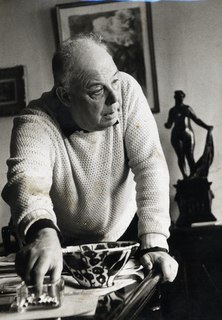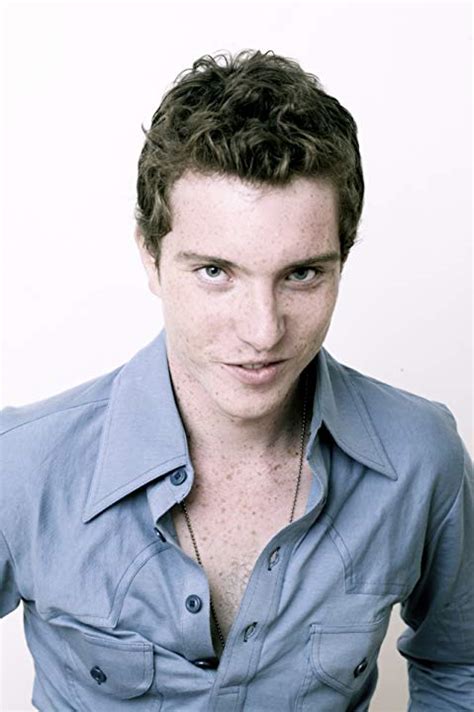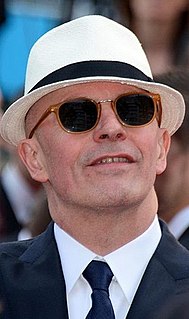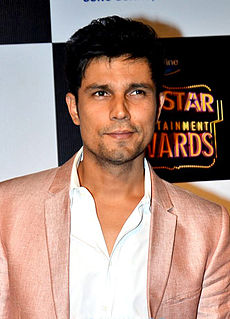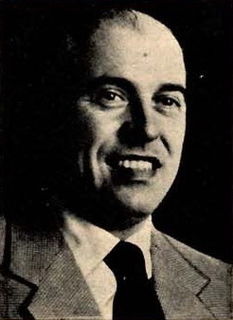A Quote by Tye Sheridan
For me, learning about cinema and the craft and the art of it, through making films with great people, has been such a cool experience.
Related Quotes
To the question, ‘Is the cinema an art?’ my answer is, ‘what does it matter?’... You can make films or you can cultivate a garden. Both have as much claim to being called an art as a poem by Verlaine or a painting by Delacroix… Art is ‘making.’ The art of poetry is the art of making poetry. The art of love is the art of making love... My father never talked to me about art. He could not bear the word.
The great thing about cinema is that it's a great binder. It brings people from across the world together, often erasing the lines between geographies, languages, familiarity, and the like. Cinema is art and art, they say, is a reflection of life and society, so the way we tell our stories is the main differentiator for me.
One thing that's been a great, uplifting experience through all this is, since the first "Pirates" [movie], the people who've gone to see the films, the audience members. You meet people on the street - whether they're 5, 25, 65 or 85 - they've all had the same experience, and they've all enjoyed it. So that's what keeps me moving forward in this crazy process.
That's what I like about the idea of the aesthetic experience, the idea of both enjoying looking at works of art and how they kind of talk to you, and also the process of making art, getting back to that idea of the aesthetic experience of making art is very important, It's another way of thinking. Instead of just using your brain, you're using your hands to think with. They're different connections, the brain that comes through the fingertips as opposed that comes through the eyes and ears.

